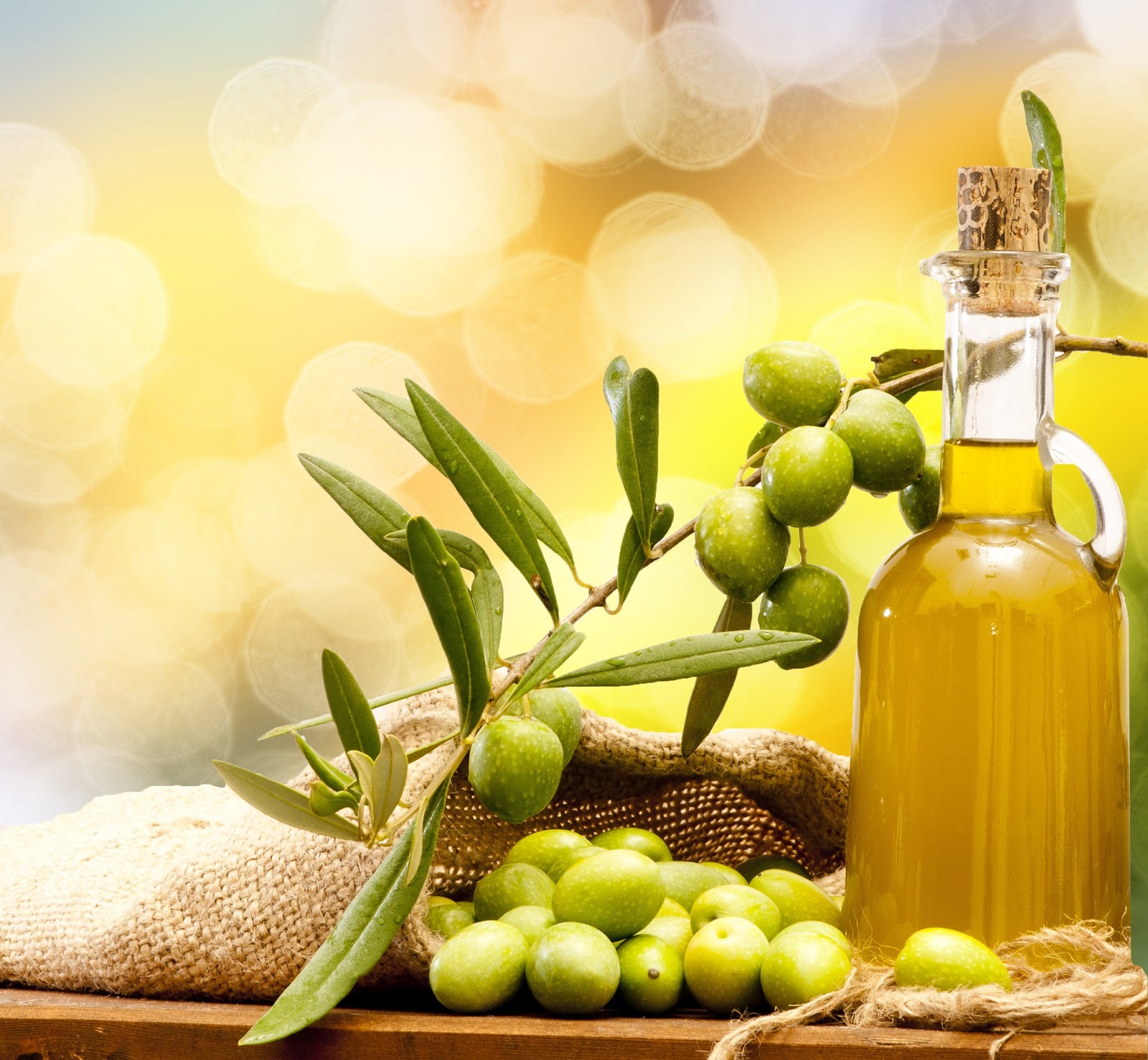 First of all, what is 'Oxidation'? It is a process that occurs not only when oil is being produced, but also inside our own bodies. Reactions occur continually inside the body, giving rise to the formation of free radicals (peroxidants). As a rule, free radicals do not cause severe damage thanks to the protection provided by antioxidants, which help to keep a balance up to a point. If the balance is spoiled, however, "oxidative stress" occurs, leading to deterioration of normal cell functions and even cell death.
First of all, what is 'Oxidation'? It is a process that occurs not only when oil is being produced, but also inside our own bodies. Reactions occur continually inside the body, giving rise to the formation of free radicals (peroxidants). As a rule, free radicals do not cause severe damage thanks to the protection provided by antioxidants, which help to keep a balance up to a point. If the balance is spoiled, however, "oxidative stress" occurs, leading to deterioration of normal cell functions and even cell death.
Oxidation is a complex, fundamental phenomenon in the process of cell ageing. Lipid or fat peroxidation tends to be proportional to the number of double bonds in a compound, explaining why oleic acid shows little susceptibility to oxidation.
Cell membranes contain a large amount of fat and cholesterol and their composition depends on diet. When the diet contains a lot of olive oil, the cells are more resistant to oxidation, they do not deteriorate as much and ageing is slower.
Approximately 1.5% of olive oil is made up of the unsaponifiable fraction, which contains antioxidants. Virgin olive oil contains the largest quantities of these substances and other minor components.
Vitamin E (alpha-tocopherol), carotenoids and phenolic compounds (simple phenols such as hydroxytyrosol and complex phenols such as oleuropein) are all antioxidants whose activity has been demonstrated in vitro and recently in vivo, revealing further advantages in the prevention of certain diseases and also of ageing.
The phenolic content of olive oils varies according to the climatic conditions in the producing area, when the olives are harvested and how ripe they are when picked. Oil production and storage methods also have an influence. Phenols have countless biological properties, for instance hydroxytyrosol is anti-inflammatory and oleuropein encourages the formation of nitric acid, which is a powerful vasodilator and exerts a strong anti-bacterial effect.
Oxidised LDLs are known to be atherogenic, which is where olive oil steps in because it has a beneficial, protective effect against LDL oxidation. Moreover, it also strengthens other cells in the body against the toxic effects of oxidants.
The high antioxidant content of the Mediterranean diet appears to contribute significantly to its effect on longevity.
These antioxidants are found in fresh fruit and vegetables. Because it is the only oil to be obtained from a fruit, olive oil retains a host of substances, antioxidants and vitamins that give it added nutritional value.
The explanation behind this high content of antioxidants is probably that because the olive is a fruit that is exposed to the air, it has to defend itself from oxygen. It therefore synthesises a larger amount of antioxidants, which pass through to the oil.
Virgin olive oil, i.e. olive oil that has not been refined or industrially treated, is particularly rich in these substances and it has a strong antioxidant effect, protecting against damage from free radicals (scavenger activity) and against the formation of cancer.